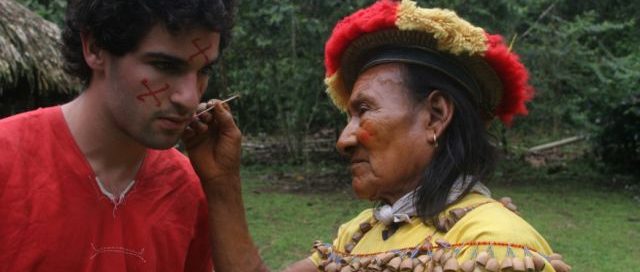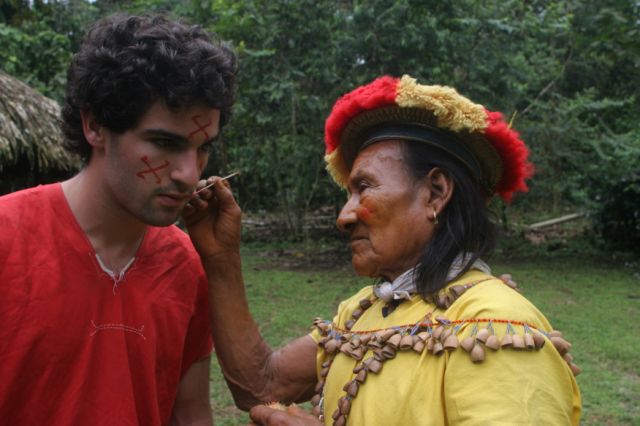
It only took a few visits to the oil-producing region of the Ecuadorian Amazon before I realized that I wanted to do something drastic to help improve the lives of the people there. I was only 15 at the time, but it was painfully obvious that what these communities needed in order to achieve a better way of life was a new approach to oil development--the root of so many of their social, environmental, and public health problems.
The problems I encountered in Ecuador related to oil development can be seen in many parts of the world, and are becoming increasingly common as development expands into new places. Here in the U.S., shale development enabled by hydrofracking has brought on a boom in oil and gas development that is expected to continue for decades. In some cases, these trends provide opportunities for the poor and marginalized to achieve economic advancement and to advocate for better governance. Yet the history of oil and gas development is tainted by social conflict and environmental damage.
While I have seen the worst of oil development during my visits to the Amazon, I have also seen and studied some of the best. Around the world, oil and gas companies dedicated to social and environmental responsibility employ innovative technologies to prevent spills and leaks, apply creative engineering to minimizing environmental impacts, and make investments that bring positive, sustainable social change along with oil and gas extraction. If these leading-edge oil and gas companies could reach higher social and environmental standards for development practices, I wondered, why couldn’t the rest of the industry? I came to the conclusion that they can and they should. That’s when I came up with the idea, which many people dismissed as crazy, of combining those best practices into an independently created and verified set of social and environmental performance standards. The standards would be based on the input of all stakeholder groups affected by oil and gas development, and offer clear benefits to all involved. That idea eventually became Equitable Origin and the EO100 Standard—the world’s first certification system to ensure and incentivize the best social and environmental practices in oil and gas exploration and production.
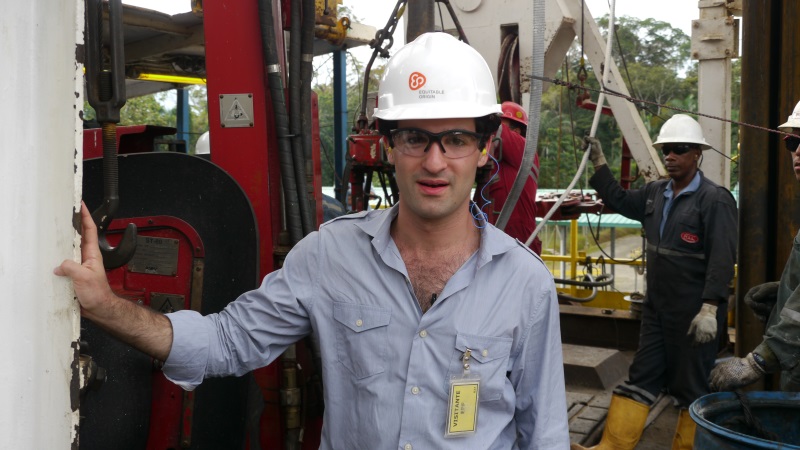
Five years later, that crazy idea has finally become a reality. In early August, Equitable Origin certified its first production site: two oil fields in Colombia that produce a quarter million barrels of oil per day, 25 percent of Colombia’s total output. I am incredibly excited to have reached this milestone and to see that independent standards for oil production can work—that they really can improve the lives of local communities affected by development. But there’s still much work to be done. Although 250,000 barrels per day of oil production under certified-responsible conditions is a great step forward, it is only a speck in the huge cauldron of global oil and gas production. And, unsurprisingly, the certification of our first site taught us that the EO100 Standard is not perfect. We’ve already begun reexamining and improving upon the standard with ongoing input from stakeholders. But the early evidence shows that an oil operation and the company that runs it can commit to a new approach to development, one that places a premium on social and environmental performance, involves local communities, and creates long-term economic benefits.
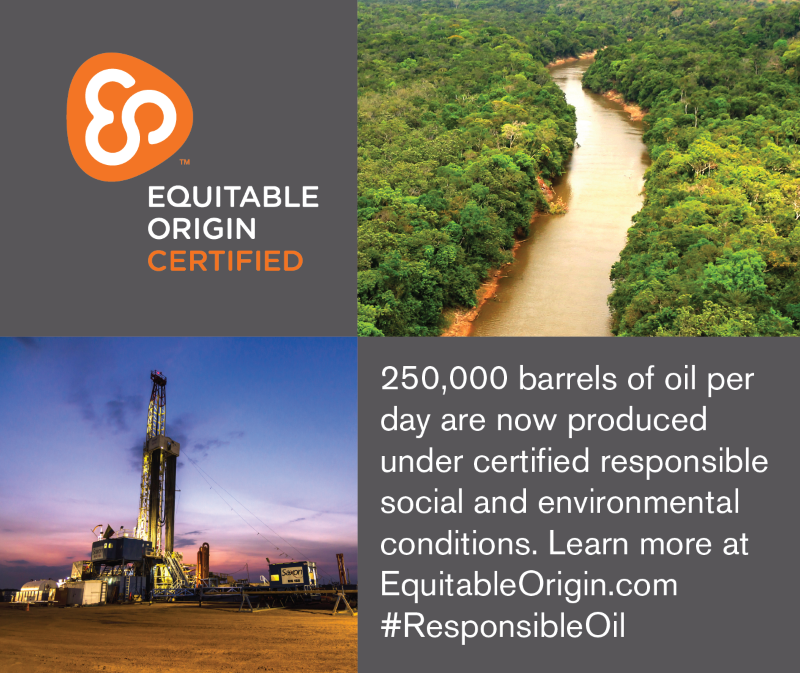
There are countless communities around the world who could benefit from EO certification of nearby oil and gas sites, just as there are many companies that are looking for a way to productively engage communities and improve their social and environmental performance. Our goal at EO is to bring those communities and companies together under the EO100 Standard wherever and whenever we can. As we pursue that goal, we hope to spark a virtuous competition within the industry, where each certified operation seeks to achieve higher scores than the last.
